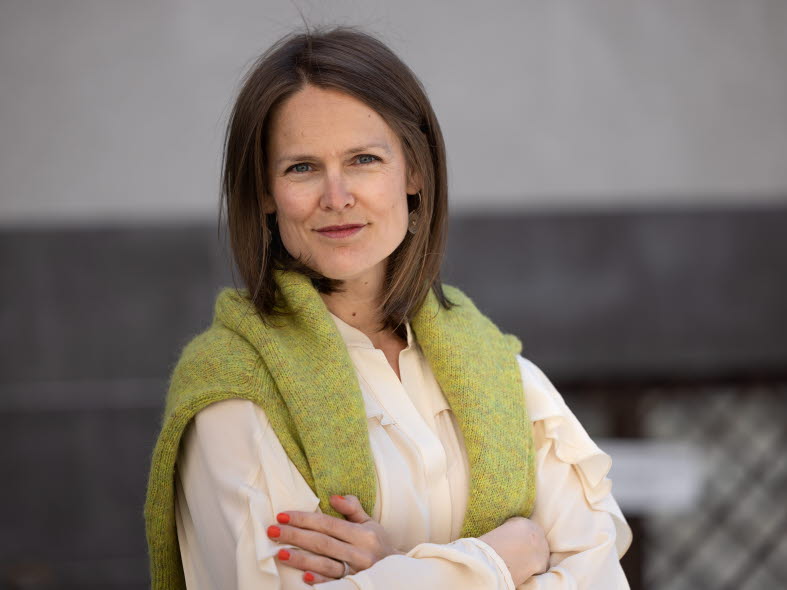Stereotypes
According to Kristina Söderberg, the data reflects the fact that historically there have been more men than women entrepreneurs, and that men entrepreneurs have sought out venture capital to a higher degree. Now more initiatives are beginning to emerge to support women’s entrepreneurship and promote women role models, but the ecosystem is still suited for the male stereotype, she says.
“The ecosystem of incubators and the support that is given to companies in early phases is largely built around what is suited for a young man with a background from an engineering university. The assumption is that the founder has engineering expertise, and support is provided in the form of knowledge about growth, commercialisation, business models and more.”
Bringing about a change requires that the entrepreneur system is better at identifying and supporting entrepreneurs with different types of backgrounds than the traditional. Instead, it may be a matter of supporting women entrepreneurs by providing technical expertise and requirement specifications from engineering consultants, she adds.
Kristina also maintains that the view of risk-taking differs depending on who you are and where you are in life. The conditions look different if you are a young, recently graduated man than if you are a single mother in her forties. Both may be equally suited for entrepreneurship. It is the stereotype that needs to be adjusted.
“Nor is it every company that needs venture capital,” she says. “It may be smarter to retain ownership, grow slowly and then take in venture capital to give the business a boost in a later phase.”
Invests in green technology
SEB Greentech VC was established in 2020 and consists of a team of four investment heads and an analyst – two women and three men in all. To date the unit has invested in seven companies, all headed by teams of men founders.
“Our investment area is focused on hardware and advanced technology,” Kristina explains. “Many of the founders are civil engineers and several have backgrounds as researchers – areas that historically have been dominated by men. But there is absolutely no shortage of women, even more so among young people. We have a full agenda taking care of ongoing investments and supporting our existing portfolio companies. But, having said this, I would like to do more to reach out to women entrepreneurs. I am convinced that targeted efforts will be needed to reach more women founders. It is for this reason that I have become involved in such networks.”
Works with diversity on boards and management teams
SEB Greentech is also working actively to increase diversity in its portfolio companies.
“We strongly believe in diversified teams and are working actively to bring about diversity both in boards and organisations,” says Kristina. “One of the things we look at in our due diligence ahead of an investment is what plans the company has to increase diversity. If a team of men founders doesn’t even understand the issue, it’s a warning sign.”
The boards of the portfolio companies that Kristina Söderberg is responsible for have two to three women directors.


